Prime Minister Anthony Albanese has thrown his support behind truth-telling as a softener for the emotional campaign for the Voice to Parliament referendum. Let’s hope he’s not relying on the SBS series The Australian Wars billed as ‘the documentary that reveals the truth of Australia’s history’.
The first episode of the show, produced by Rachel Perkins, daughter of the late Charles Perkins, made a number of claims which cannot be verified but serve to vilify the nation’s European colonisers.
Already a subscriber? Log in
Subscribe for just $2 a week
Try a month of The Spectator Australia absolutely free and without commitment. Not only that but – if you choose to continue – you’ll pay just $2 a week for your first year.
- Unlimited access to spectator.com.au and app
- The weekly edition on the Spectator Australia app
- Spectator podcasts and newsletters
- Full access to spectator.co.uk
Unlock this article
You might disagree with half of it, but you’ll enjoy reading all of it. Try your first month for free, then just $2 a week for the remainder of your first year.

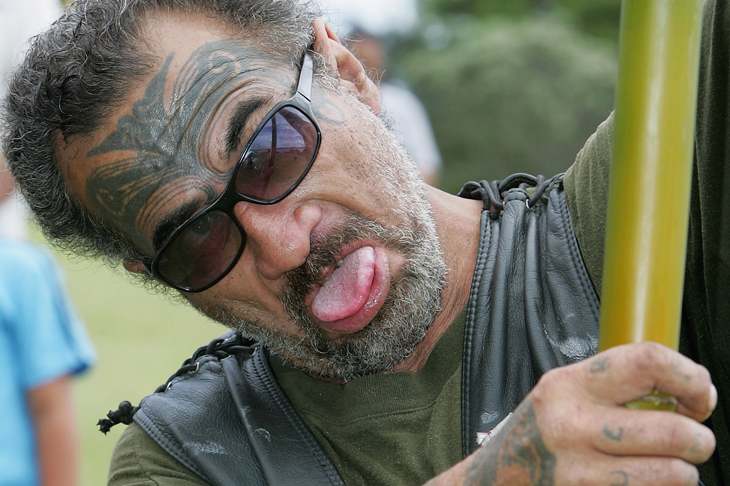
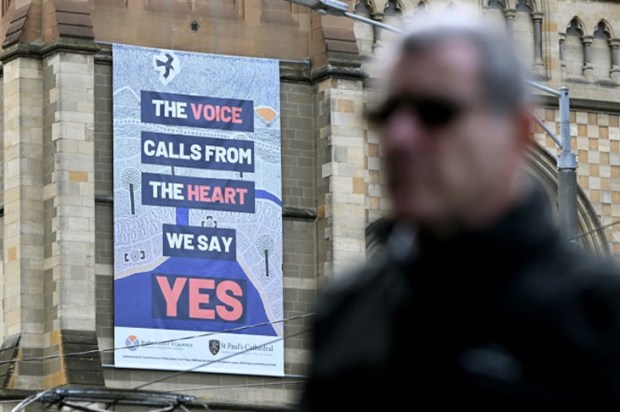
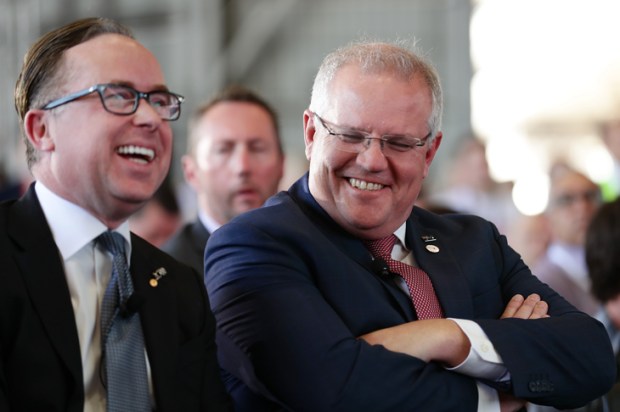

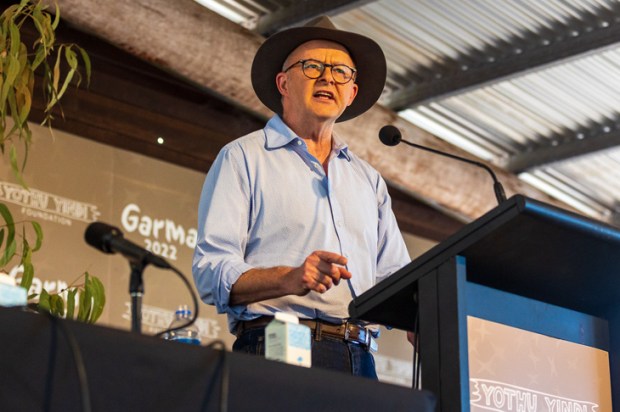
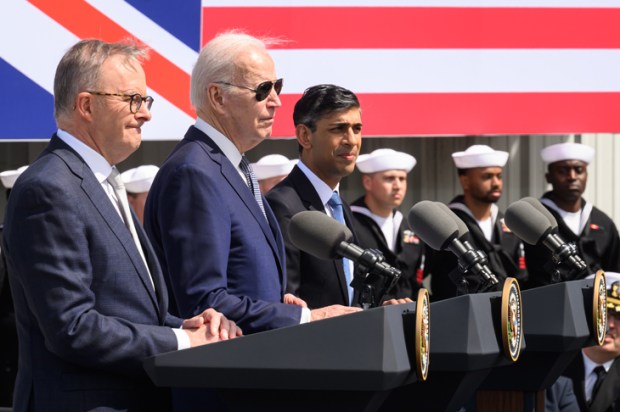
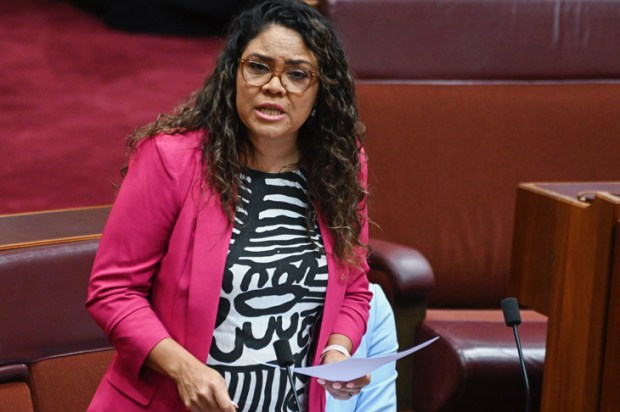






Comments
Don't miss out
Join the conversation with other Spectator Australia readers. Subscribe to leave a comment.
SUBSCRIBEAlready a subscriber? Log in